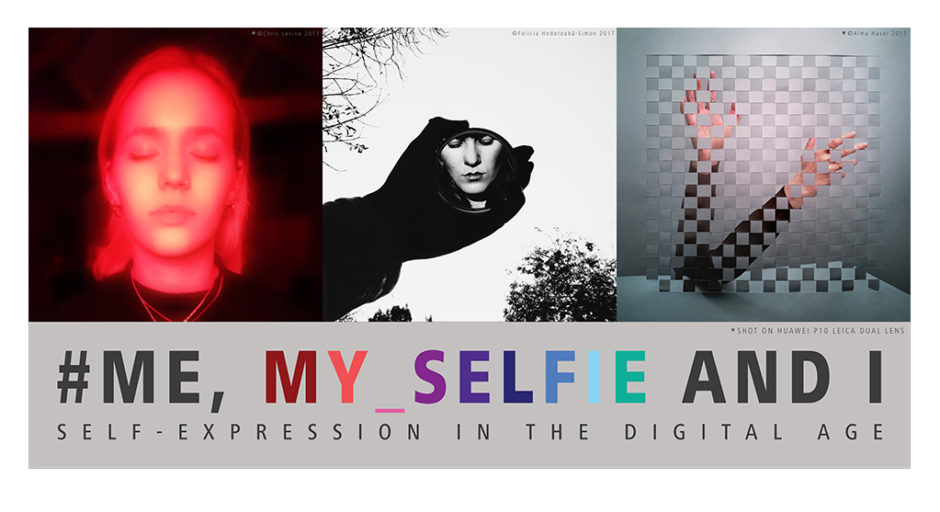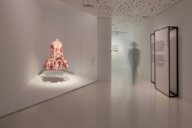#ME MY_SELFIE AND I
The smartphone has democratised visual self-expression but what effect is the cultural addiction of the selfie having on us? At #Me My_Selfie and I in London’s Saatchi Gallery on Wednesday July 5th 2017, an expert panel – presented by Huawei and in partnership with Saatchi Gallery – discussed the impact of selfie culture and explored various questions including whether we look at our exciting world as observers full of curiosity, or simply wonder how we look in it and what filter would work best.
Encapsulating the worlds of cultural criticism, social media and neuroscience, the panel consisted of:
- Clemency Burton-Hill (chair): Actress, novelist, musician, journalist and radio presenter, the multi-talented Clemency Burton-Hill will be chairing the panel. Co-presenter of Radio 3’s weekday Breakfast programme, contributor to BBC Two’s The Culture Show, as well as several influential publications including The Economist, Elle and multiple national newspapers, Burton-Hill is well armed to guide conversation to explore the deepest and even darkest corners of selfie culture.
- Pandora Sykes: Having written for titles such as New York Magazine’s The Cut, Vogue Australia, Red magazine, Marie Claire and Net-a-Porter’s The Edit, the multi-dimensional journalist, broadcaster, stylist and brand consultant Pandora Sykes embodies all things culture, social commentary and fashion.
- Will Storr: In addition to being an award-winning journalist and novelist, Storr released Selfie: How We Became So Self-Obsessed and What It’s Doing to Us in June 2017. Selfie takes a close look at how the rise of narcissism and the selfie generation came to be, right up to the era of hyper-individualistic neoliberalism in which we live now, so Storr is sure to have valuable insight into how it came to this.
- Prof. Dr. Sarah Diefenbach: Having been engaged in research on user/consumer experience in the field of interactive products for almost a decade, Diefenbach – a professor for market and consumer psychology at the Ludwig-Maximilians University of Munich – will help dissect the why.







